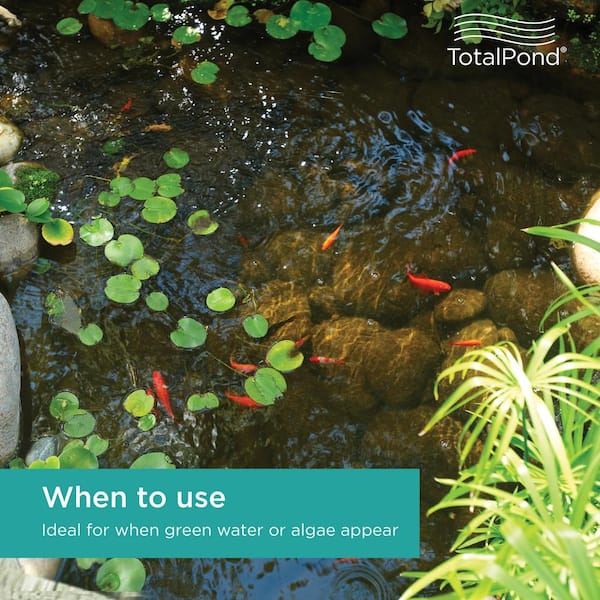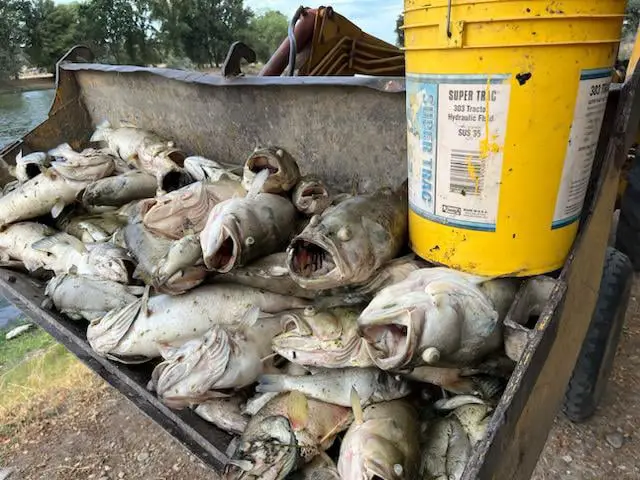Roundup, a popular herbicide, is widely used to control weeds in various settings, including ponds and lakes. However, there has been ongoing debate about the potential impact of Roundup on aquatic life, particularly fish in ponds. In this article, we will explore the effects of Roundup on fish in a pond and discuss ways to minimize risks to aquatic ecosystems.
Understanding Roundup
Roundup contains glyphosate as its active ingredient, which is a broad-spectrum herbicide that effectively kills weeds by inhibiting a specific enzyme pathway necessary for plant growth. While glyphosate is considered relatively safe for humans and terrestrial animals when used according to the label instructions, its impact on aquatic organisms, including fish, is a subject of concern.
Potential Impact on Fish
When Roundup is applied to a pond or lake, either directly or through runoff from surrounding areas, it can enter the water and pose a risk to fish and other aquatic species. Studies have shown that glyphosate can have toxic effects on fish by disrupting their hormonal balance, impairing their immune system, and causing developmental abnormalities.
Additionally, Roundup can also lead to oxygen depletion in water bodies, which can further stress fish and other aquatic organisms. Oxygen depletion occurs when the herbicide promotes the growth of algae and other aquatic plants, which consume oxygen during decomposition, leading to low oxygen levels that can be lethal to fish.
Minimizing Risks
To minimize the risks of Roundup exposure to fish in a pond, several precautions can be taken:
- Use alternative weed control methods that are less harmful to aquatic life, such as manual removal or the use of biological controls.
- Avoid applying Roundup near the water’s edge to reduce the likelihood of direct contact with fish.
- Follow label instructions carefully and avoid overapplication of the herbicide.
- Consider using glyphosate-free herbicides or organic alternatives that are less harmful to aquatic ecosystems.
- Monitor water quality regularly to detect any signs of contamination and take prompt action if needed.

Credit: www.homedepot.com

Credit: www.reddit.com
Conclusion
While Roundup can be an effective weed control solution, its potential impact on fish in a pond should not be underestimated. It is essential to use herbicides responsibly and consider their effects on aquatic ecosystems when managing weeds in and around water bodies. By taking appropriate precautions and exploring alternative methods, we can help protect fish and other aquatic life from the harmful effects of herbicides like Roundup.





